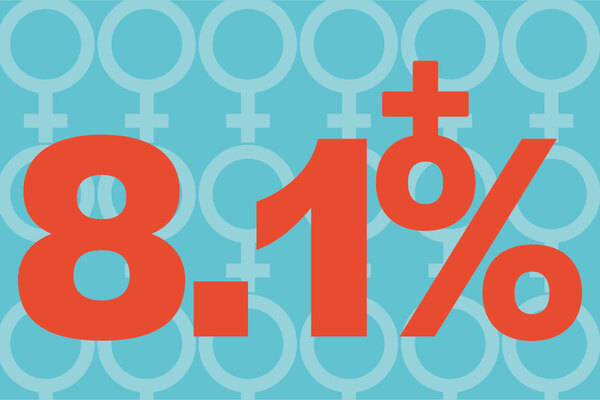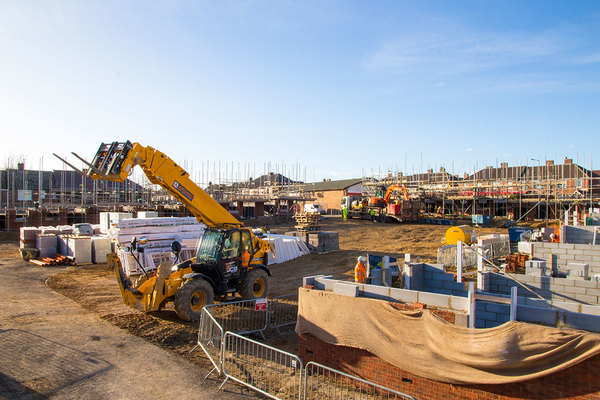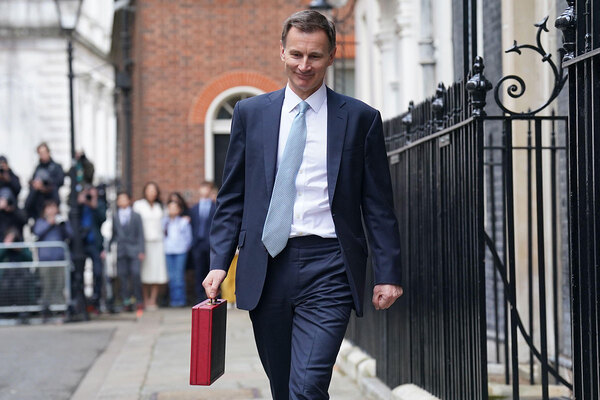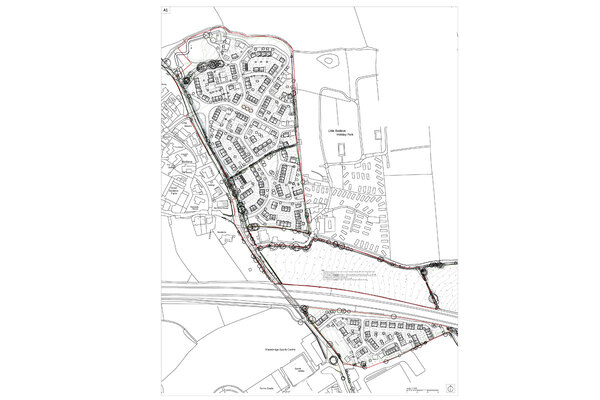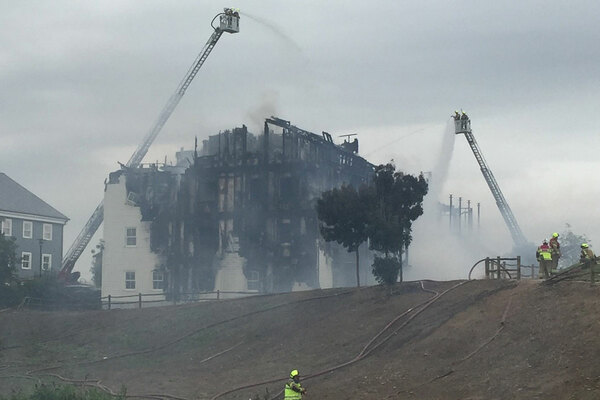You are viewing 1 of your 1 free articles
Research by MP exposes ‘vast’ pay inequality at private house builders
Inequality of pay between chief executives and average workers in the private housebuilding sector is “vast”, according to research revealed by Labour MP Siobhain McDonagh.
The figures, compiled by the thinktank High Pay Centre, show that housebuilding companies spent a total of £63.6m on chief executive pay last year.
According to the research, which Ms McDonagh will reveal in the House of Commons today, the median pay award for chief executives in FTSE 350 housebuilding companies last year was £2.1m and among FTSE 100 chief executives it was £5.7m.
The union Unite provided figures showing that the average UK construction worker is paid £24,964.
This means the pay ratio between the average FTSE 350 chief executive and construction workers is 89:1. Ms McDonagh picked out “the worst offenders” as Persimmon (1,561:1), Berkeley (331:1), Taylor Wimpey (126:1), and Barratt (113:1).
A Persimmon spokesperson pointed out to Inside Housing that these figures were calculated using the salary and bonuses paid to previous chief executive Jeff Fairburn, who resigned following an outcry over a bonus originally worth £110m and later downgraded to £75m.
Persimmon has since altered its remuneration processes.
Ms McDonagh pointed out that the average UK construction worker would have to save 10% of their earnings for 92 years to reach £230,630, the average UK house price, or 19 years to save a deposit.
She added: “How can it be right, just or fair, in the heart of a national housing crisis, for the top housebuilding chief executives to walk away with such astronomical sums while their workers are seeing their salaries stagnate?
“Nobody objects to rewarding chief executives for their performance, but given that England is on course for its worst decade for housebuilding since the Second World War, is this money best used lining their pockets or building the homes we so desperately need?”
Luke Hildyard, executive director at the High Pay Centre, said: “The UK’s housing crisis is a problem that has been decades in the making, and there are many valid questions about whether the big housebuilding firms are playing their part to address it.
“Housing is supposed to be a public good. It looks really inappropriate for industry executives to be raking in millions of pounds, hundreds of time what ordinary construction workers are making, in the midst of an acute shortage of homes.
“Polling shows that a majority of the public think that the actions of big business are at odds with the interests of wider society. The pay practices in the housebuilding industry help to explain why.”
Taylor Wimpey, Barratt and Berkeley were all contacted for comment.

